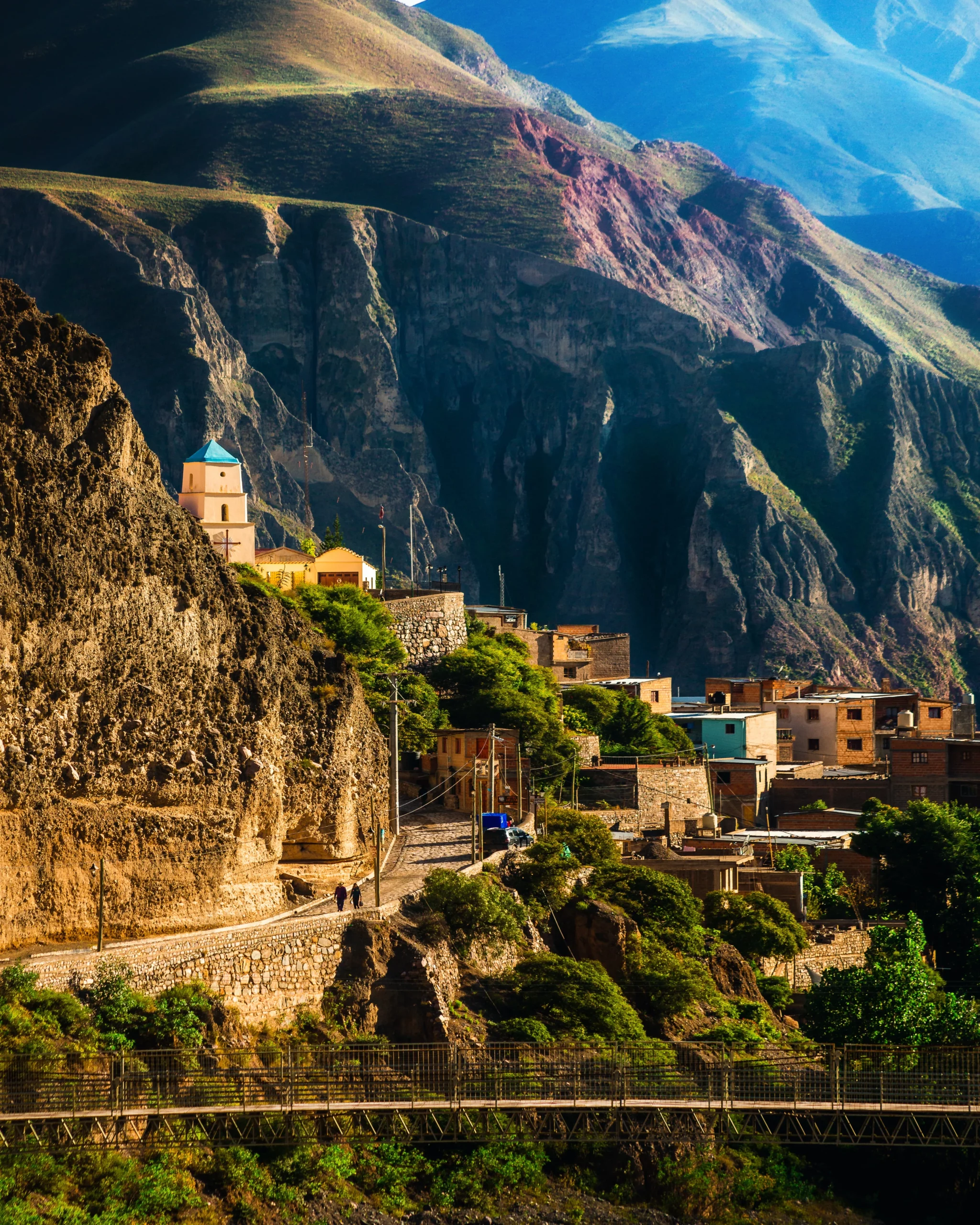Argentina’s real estate realm presents a vast array of opportunities for prospective investors, encompassing everything from city condos to countryside land. The Argentine property landscape is open to all, regardless of one’s origin or residency.
Legal provisions ensure that all properties are documented in the Property Register, facilitating transparency and trust in every deal. Only transactions accompanied by an Information Sheet from this register are deemed valid, curbing potential deceitful practices.
In Argentina, property rights are stringently safeguarded, whether one is a native or a foreigner. This guarantees that anyone involved, be it a local or a global investor, operates within a consistent and just legal framework.
An intriguing aspect is that owning Argentine property can somewhat streamline visa applications. Although the Argentine Embassy assesses visa requests on various grounds, owning land rarely leads to application denials. Yet, it’s crucial to note that property ownership doesn’t equate to residency rights. A distinct application and process are mandatory for residency permits.
From a monetary perspective, Argentina’s property market is both enticing and flexible. An entry-level three-bedroom apartment can be acquired starting at approximately $50,000, marking it as a feasible choice for many. Those in search of more expansive areas might be attracted to cottages accompanied by a bit of land, typically priced between $70,000 and $150,000. For investors eyeing plots close to cities, they can expect price tags ranging from $700 to $2,000 for every hundred square meters. With its varied price points and property categories, Argentina’s property market is well-poised to cater to both the conservative and the enterprising investor.
Comparative Glimpse
In juxtaposition with neighboring countries, Argentina’s market stands out in several ways. Countries like Brazil, Chile, and Uruguay also offer diverse real estate options, but their market dynamics differ.
For instance, Brazil’s urban centers like São Paulo and Rio de Janeiro are notoriously more expensive, whereas Chile offers a blend of modern city properties and sprawling vineyards. Uruguay, known for its scenic beachfront properties, tends to cater more to luxury investors.
However, when it comes to transparency and legal provisions, Argentina’s emphasis on the Property Register and fair treatment of both natives and foreigners places it in a distinctive bracket. Additionally, the potential added advantage concerning visa applications in Argentina further differentiates its market from its peers.
All in all, while each South American nation presents its unique charm and challenges, Argentina’s real estate sector remains an alluring choice for a broad spectrum of investors.

